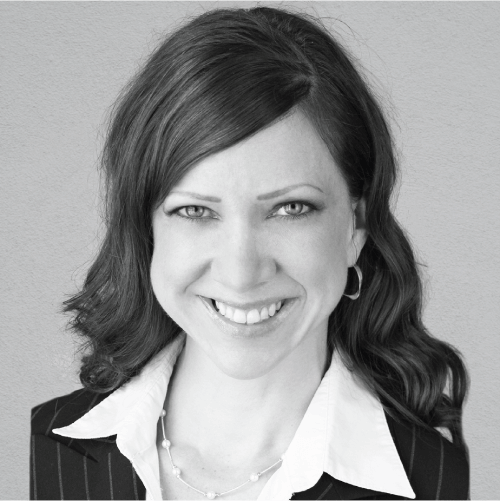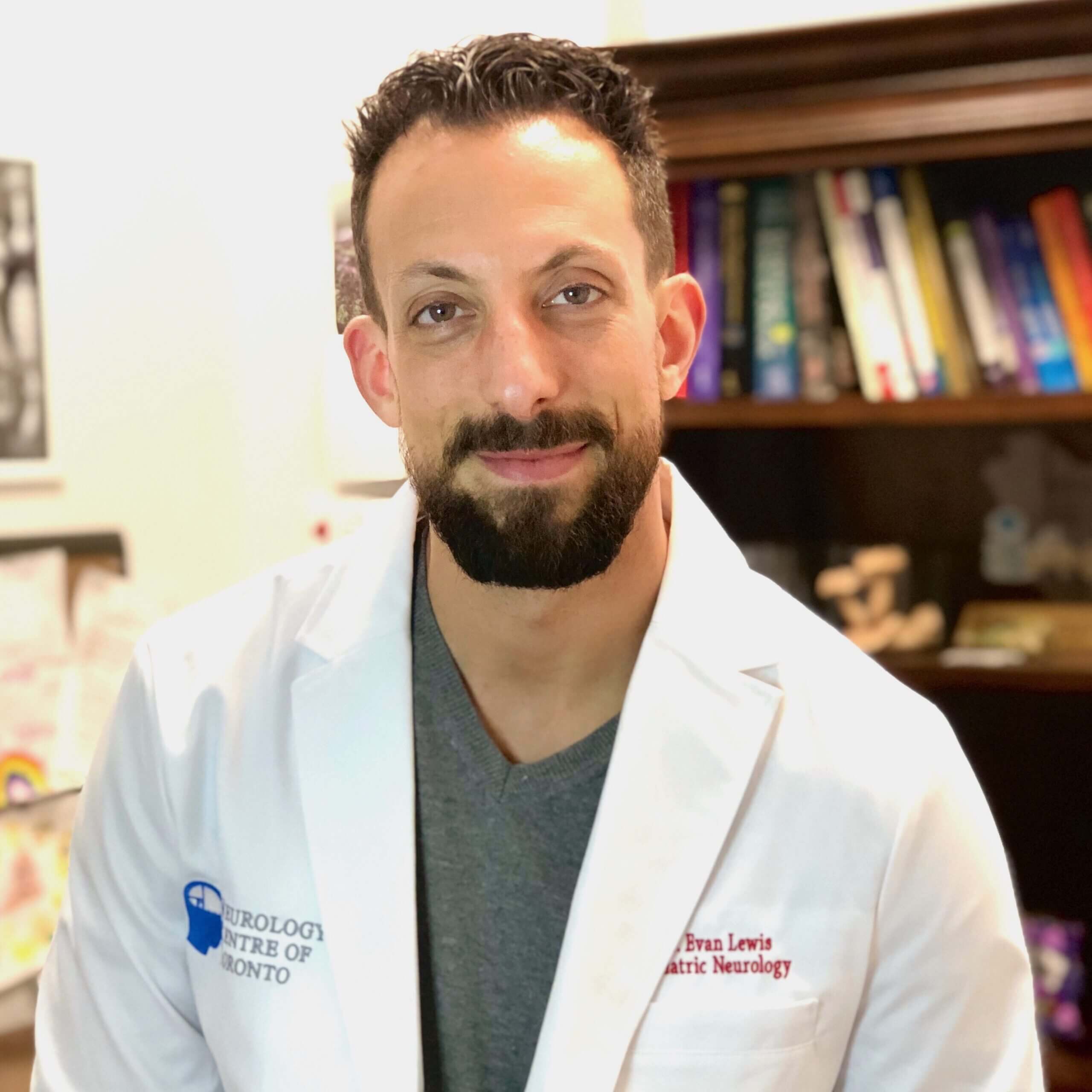Fostering LGBTQIA+ Inclusivity in Psychedelic Medicine
Log In To Watch The Recording
*Exclusive for members.
Thursday, July 28th at 5 pm Pacific, 8 pm Eastern >> Log In To Watch The Recording >>
Watch The EXCLUSIVE Panel Discussion For Members Of The Psychedelic Medicine Association:
Fostering LGBTQIA+ Inclusivity in Psychedelic Medicine
Panel Moderator:

Lynn Marie Morski, MD, JD
President - Psychedelic Medicine Association
Panelists:

Jae Sevelius, PhD
Professor of Medicine, University of California, San Francisco
Jae Sevelius, PhD, is a licensed clinical psychologist and Professor of Medicine at the University of California, San Francisco. At the UCSF Center of Excellence for Transgender Health, Dr. Sevelius works with community-led research teams to develop and evaluate trauma-informed health promotion interventions for transgender and gender expansive people in California and Brazil. Dr. Sevelius is trained in MDMA therapy by MAPS and holds a Certificate in Psychedelic-Assisted Therapies and Research from the California Institute of Integral Studies.

Alex Belser, PhD
Chief Clinical Officer at Cybin; Investigator at Yale University
Dr. Alex Belser is a psychedelic researcher and licensed psychologist. For the last 20 years, he has been a leader in the psychedelic community, having served as an investigator on a number of clinical trials of psilocybin and MDMA to treat depression, anxiety, substance use, OCD, PTSD, and end-of-life distress. He serves as the Chief Clinical Officer of Cybin and was formerly the Chief Clinical Officer of Adelia Therapeutics. He is an editor of the forthcoming book, Queering Psychedelics: From Oppression to Liberation in Psychedelic Medicine. He is a member of Chacruna Institute’s Women, Gender Diversity, and Sexual Minorities Working Group, where he works on issues affecting LGBTQIA+ people. He is the founding President of Nautilus Sanctuary, the first non-profit center for psychedelic medicine on the east coast. Dr. Belser’s research has been featured on the front page of the New York Times, in the Atlantic, the New Yorker, The Guardian, and in Michael Pollan's book, How to Change Your Mind. Dr. Belser has given over fifty lectures, presentations, and Grand Rounds about psychedelic medicine. At Yale, Dr. Belser is investigating psychedelic treatments for OCD. He worked as a therapist on studies of MDMA-assisted psychotherapy for the treatment of severe PTSD. Dr. Belser studied at Georgetown University, the University of Cambridge, Columbia University, New York University, and Yale University. Dr. Belser trained at Bellevue Hospital, Mount Sinai Beth Israel Hospital, and New York Psychiatric Institute at Columbia University.

Evan Cole Lewis, MD
Neurologist, Medical Director of NCT & VP Neurology, Numinus
Dr. Evan Cole Lewis is a Pediatric Neurologist and Clinical Neurophysiologist with expertise in epilepsy. He is the founder & medical director of the Neurology Centre of Toronto (NCT) and VP Psychedelic Neurology Clinical Services at Numinus – a Canadian company focused on psychedelic research and therapeutics. He is an Assistant Professor with the Department of Pediatrics at the Hospital for Sick Children and the University of Toronto.
Education, Training & Work
Dr. Lewis attained his MD from the University of Ottawa and trained as a Pediatric Neurologist at the Children’s Hospital of Eastern Ontario (CHEO). He completed fellowships in both clinical neurophysiology and epilepsy at Nicklaus Children’s Hospital (formerly known as Miami Children’s Hospital) and the Hospital for Sick Children. Dr. Lewis held staff positions at SickKids and Holland Bloorview Kids Rehabilitation Hospital between 2016 and 2018.
He joined the Numinus team as VP Psychedelic Neurology Clinical Services in September 2021 with an intention to explore the utility of psychedelics in the field of neurology.
Publications:
Link to Publications: https://goo.gl/yLhvN1
Did you know that in addition to the many positive events in the history of psychedelics, that they were also used as a form of “shock therapy” or conversion therapy for LGBTQIA+ individuals? And have you considered how some of our traditions in psychedelic medicine, like having one male and one female therapist in the MDMA-assisted therapy sessions, may exclude those who don’t identify as either gender?
These are just a couple of the many topics we discussed in this month’s webinar, as we delved into some of the ways to increase representation and access for LGBTQIA+ individuals in the psychedelic space.
Currently, research is underway to investigate how psychedelics may be able to address some of the specific traumas faced by members of the LGBTQIA+ community. However, in order to better help the community, we must also take into consideration to have adequate representation of the community both in the subjects being studied, as well as the therapists administering the psychotherapy.
Additionally, there are a number of ways for therapists, other medical providers, and integration programs to improve the experience for members of the LGBTQIA+ community via inclusive practices, including trauma-informed protocols and thorough consent techniques.
To help educate us on all of the above, we gathered experts, well-versed in both how psychedelics may help heal trauma within the LGBTQIA+ community, and in identifying and addressing ways to foster LGBTQIA+ inclusivity in psychedelic medicine.
We were honored to have panelists on this month’s webinar to cover:
- trauma-informed consent protocols for psychedelic therapy and the practices of consent around power dynamics particularly related to working with queer clients.
- development of best practices for working with LGBTQIA+ patients
- how to treat sexual minority stress with LGBTQIA+ affirmative psychedelic therapies
- how to uniformly assess gender and sexual identity using a proposed standard questionnaire to be used across clinical trials
- working with trans and gender expansive people, both from the lens of gender inclusivity in broader studies
- considerations for the practice of psychedelic medicine when working with issues of gender identity exploration, development, and expression.
…and much more!
As always, there was ample time for audience Q & A, so be sure to watch till the end!
You can find the Psychedelic Medicine Association on Twitter, LinkedIn, and on Facebook.
